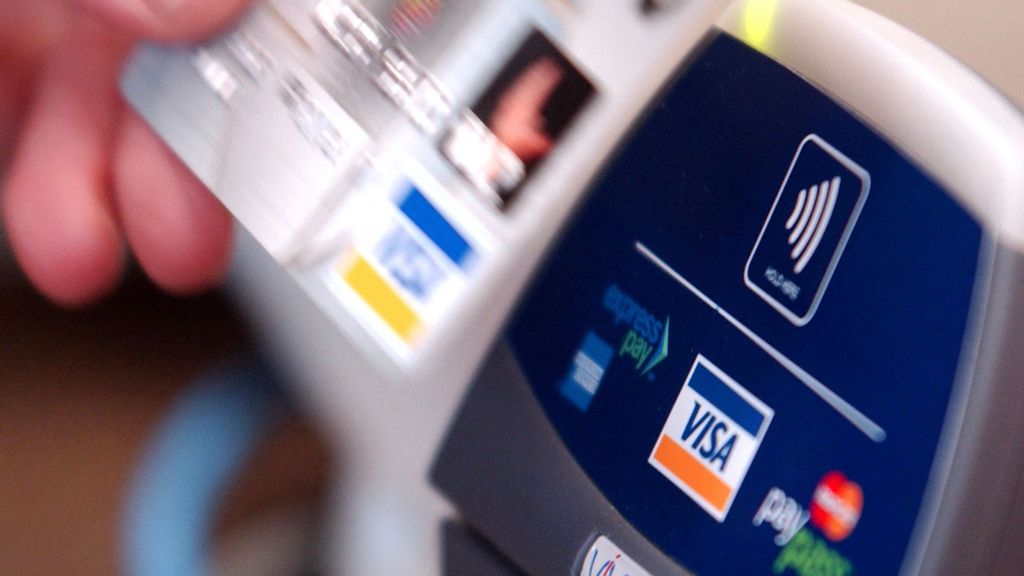
The latest Federal Trade Commission report shows how consumer fraud affects communities of color in the United States.
While Latino consumers are frequently victims of imposter scams, African Americans report fraud mainly in debt collection through credit bureaus, while Asian Americans are cheated with fake health products. Across ethnic communities, scams via used-car sales and lending agencies have preyed on people with financial struggles.
“Since 2016, we have established 25 law enforcement actions where we could identify conducts specifically targeting or affecting communities of color in a disproportionate way,” said Monica Vaca, acting deputy director of the Federal Trade Commission’s Bureau of Consumer Protection.
In a year, the federal agency establishes an average of 100 cases that affect thousands of victims.
“These are found in a broad spectrum of industries: auto buying, for-profit colleges, prepaid cards, government impersonators, money-making opportunities and student debt relief.”
One case brought by the Federal Trade Commission was against a Bronx company for discrimination in the sale of automobiles to African American and Latino customers. The general manager asked the sellers to charge higher financial margins and fees to these consumers, which resulted in a sale price change on paperwork without notice, and the collection of taxes and fees from people without their knowledge.
“As a result of that law-enforcement case, we were able to get $1.5 million back for people,” said Vaca.
New FTC staff report outlines impact of fraud on communities of color: https://t.co/30iTMRNSrl
— FTC (@FTC) October 15, 2021
In a more recent case, the Federal Trade Commission and the state of Arkansas sued the operators of a blessing loom investment program that made false promises to people struggling financially due to the COVID-19 pandemic. It told them they would receive investment returns of up to 800 percent. The scheme was specifically aimed at thousands of African Americans.
“We happen to be a civil law-enforcement agency, which means that we don’t lock people up, but when appropriate, we refer scammers to criminal authorities,” Vaca added. “But we do get money back: 1.66 million people have recovered $160 million [since July 2018].”
Cash and COVID
Another key agency concern is that most Latinos and African Americans use payment methods that have little or no protection: cash, cryptocurrencies, debit cards or gift cards, which they use for bank and electronic transfers.
“How you pay can determine how easy it is to get your money back if you are defrauded,” said Rosario Mendez, an attorney at the Federal Trade Commission’s Division of Consumer and Business Education. “People who live in majority white communities reported paying scammers with credit cards, and those have some protection against fraudulent transactions.”
The Latino community is targeted by scammers posing as officials from government agencies, such as the Internal Revenue Service, service providers, or job search companies. They all ask for money in exchange for unfulfilled promises.
During the pandemic, the Federal Trade Commission identified several health promoters offering bogus cures for COVID-19, advertised specifically to the Korean and Vietnamese-speaking communities.
“We’ve also sent hundreds of cease-and-desist letters, both in the United States and abroad, to stop making unsubstantiated claims that products can treat or prevent COVID-19,” said Mendez, who said that misinformation “is extremely difficult” to fight and that it causes “really substantial harm.”
Perpetrators often target their own community and sometimes take on roles as facilitators to “help” people understand, for example, the tax and the immigration system. Others are based offshore and have a bigger network of people collecting money from their victims in the United States, as in the case of telemarketing fraud originating from India and the Philippines.
“When cases cross international boundaries, they tend to become more difficult, but they are not impossible,” said Mendez.
“While we cannot eradicate all scams, what we can do is inoculate people in our community from falling prey to scams, with information,” said Vaca. “Research has shown that when people know about a specific scam, they are 80 percent less likely to lose their money. So we want to encourage them to share their experiences.”
Learn more about how to prevent these scams here.
Government Imposters And Fake COVID Cures — How Scammers Rip Off Communities Of Color is published in association with Ethnic Media Services.
Edited by Melanie Slone and Fern Siegel
The post Report: How Scammers Rip Off Communities Of Color appeared first on Zenger News.




